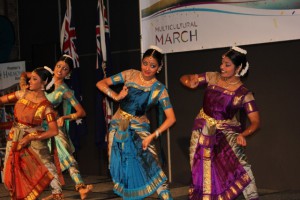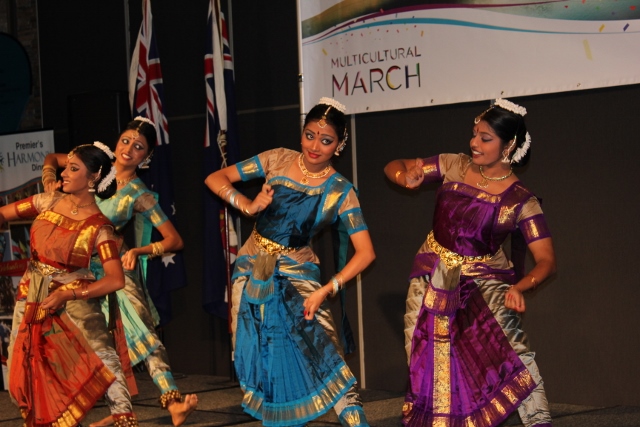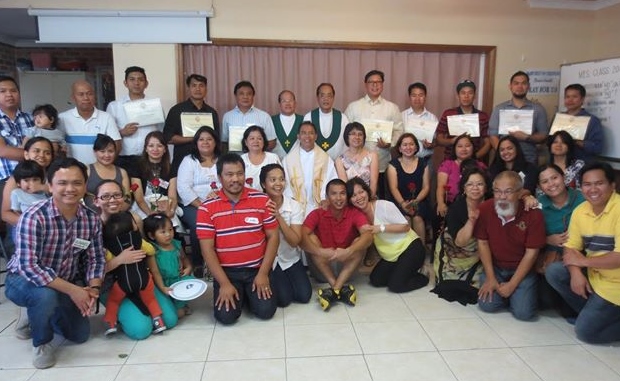
While an estimated 1 in 5 women living in Australia experience sexual violence and 1 in 3 experience physical violence at some point in their lives, women from other cultures living in Australia experience violence at a higher rate.
Ahead of International Women’s Day on March 8, Jean Hailes for Women’s Health acknowledges that women from all cultures may sometimes need support to deal with difficult situations, including the pressures, anxieties and stresses of raising a family in a new country.
In partnership with InTouch Multicultural Centre Against Family Violence, Jean Hailes has interviewed bilingual community workers to draw on their knowledge of what information is most needed by the women they work with.
The result is the development of a practical and easy to understand resource designed to help women think about their physical and mental health in the context of family relationships and experiences settling into Australia.
How To Look After You is available in English and has been culturally translated into five different language groups – Indian (Punjabi), Arabic, Dari, Vietnamese and Chinese.
“This resource focuses on supporting women who are in vulnerable situations and aims to educate and engage the community to positively change attitudes and behaviours, which fits in well with this year’s theme of ‘inspiring change’ for International Women’s Day,” says Jean Hailes project manager Rhonda Garad who co-developed the resource with InTouch.
“This is an example of a strong partnership between two groups working to make a difference for women dealing with anxiety and stress following a move to Australia,” she says.“We see it as an important way to ‘start conversations’ for those worried that a loved one may not be coping or may be at risk of, or experiencing, family violence.”
According to InTouch CEO Maya Avdibegovic women from other cultures, now living in Australia, can be isolated and may have difficulty talking about their issues. They also may not know where or how to seek help.
“We see women at different stages here at InTouch,” says Maya. “Some may be newly arrived, without family support and dealing with the immediate stress of resettling with limited English, limited employment and housing opportunities, and no knowledge of the Australian culture and justice system. Many women come from countries that do not have legal, financial or emotional support systems like what is available in Australia and they don’t know that support systems exist here.”
“These women are much more isolated and dependent, even on partners who are abusive, than other women, and this makes them much more vulnerable to ongoing abuse,” says Maya, adding that “Many women stay silent because they don’t want to bring shame to their families or community by admitting to not coping.”
“We ask communities and workplaces to be active in helping women from all cultures to feel safe and comfortable, and by making our new brochures available you might just help one woman start a conversation, and find the support she needs to take action to make her life better,” says Rhonda.
How To Look After You can be accessed online at www.jeanhailes.org.au or www.intouch.asn.au Copies can be ordered for clinics, workplaces, clubs and groups who would like to support women in their community.
This project is funded by a grant from The Collie Foundation, managed by ANZ Trustees.








Leave a Reply